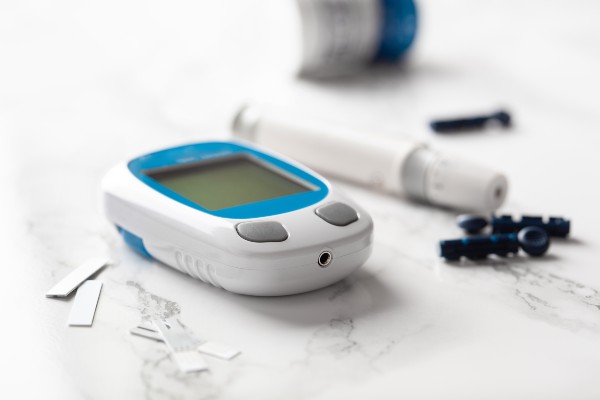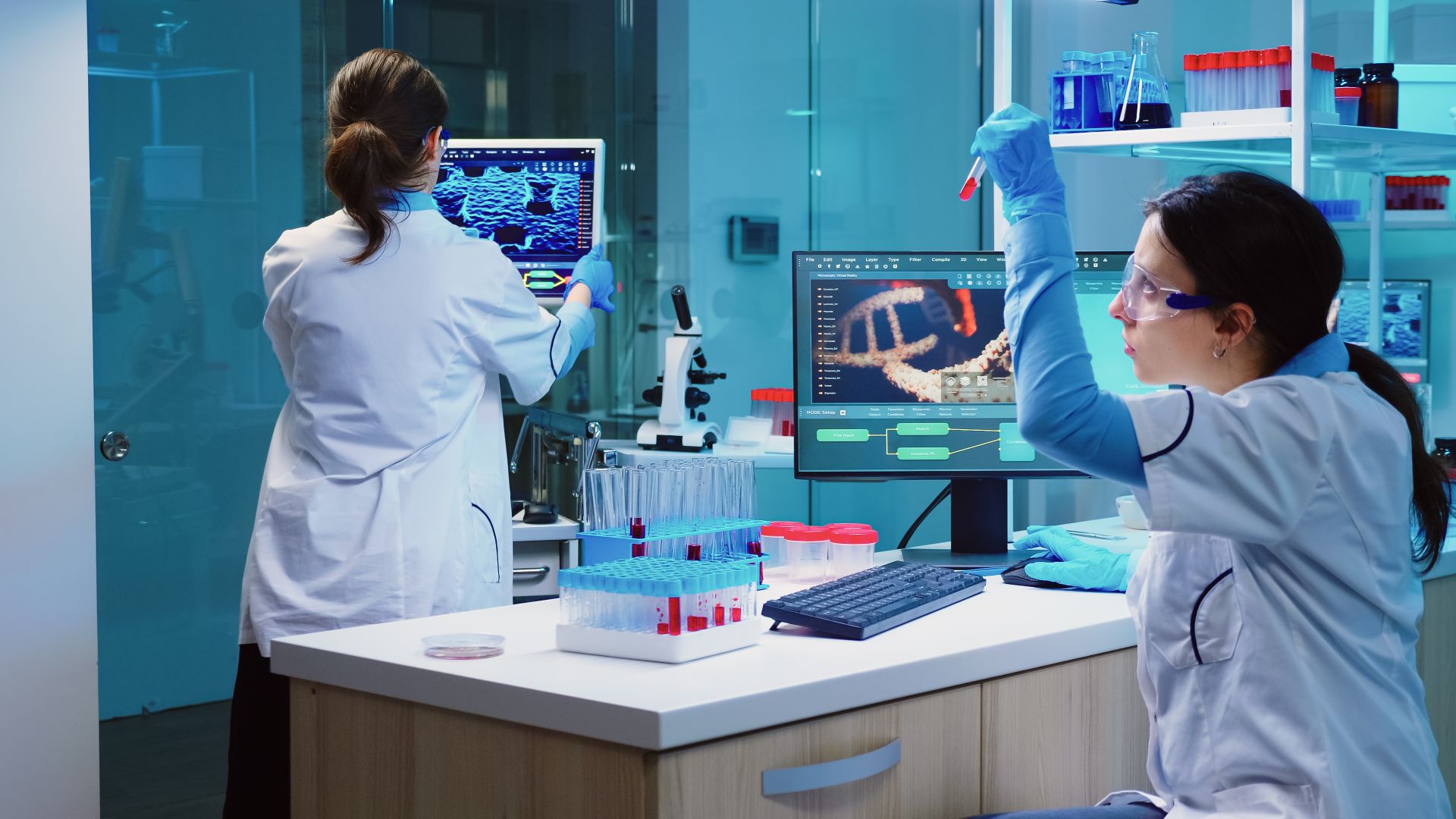The COVID-19 pandemic has been one of the most challenging and unprecedented health crises in modern history. It has affected millions of lives, disrupted economies and societies, and exposed the vulnerabilities and inequalities of the global health system. However, it has also stimulated an unprecedented response from the scientific community, which has mobilized its resources, expertise and creativity to tackle the virus and its consequences.
In this blog post, we will explore some of the ways that medical research has evolved in recent years after COVID-19, and how these developments may shape the future of health and medicine.
One of the most remarkable achievements of medical research during the pandemic has been the development and deployment of safe and effective vaccines against COVID-19 in record time. Thanks to the collaboration and coordination of researchers, regulators, manufacturers, funders and governments, several vaccine candidates were tested and authorized within a year of the emergence of the virus, a feat that would have been unthinkable before. The rapid development of vaccines was made possible by several factors, such as:
– The use of novel vaccine platforms, such as mRNA and viral vector vaccines, which can be designed and produced faster than traditional vaccines based on inactivated or attenuated viruses.
– The availability of genomic data and sequence information of the virus, which enabled researchers to identify its structure, function and mutations.
– The establishment of large-scale clinical trials involving tens of thousands of volunteers across different countries and regions, which allowed for rigorous evaluation of safety and efficacy.
– The pre-purchase agreements and advance market commitments made by governments and organizations, which provided incentives and guarantees for vaccine manufacturers to invest in production and distribution.
Another area where medical research has evolved significantly after COVID-19 is the use of digital technologies and data science to enhance health care delivery and public health interventions. The pandemic has accelerated the adoption and innovation of digital tools, such as:
– Telemedicine and remote monitoring, which enable health care providers to offer consultations, diagnosis, treatment and follow-up to patients without physical contact, reducing the risk of infection and increasing access to care.
– Contact tracing and exposure notification apps, which use Bluetooth or GPS signals to track and alert users who have been in close proximity to someone who tested positive for COVID-19, facilitating isolation and testing.
– Artificial intelligence (AI) and machine learning (ML), which can analyze large amounts of data from various sources, such as electronic health records, social media, mobility patterns, environmental sensors, etc., to generate insights and predictions that can inform decision-making and policy-making.
– Digital biomarkers and wearable devices, which can measure physiological parameters, such as heart rate, blood pressure, oxygen saturation, etc., as well as behavioral indicators, such as activity level, sleep quality, mood, etc., to monitor health status and detect anomalies.
A third aspect where medical research has evolved after COVID-19 is the promotion of open science and global collaboration. The pandemic has highlighted the need for sharing data, knowledge and resources across borders and disciplines to address complex and urgent challenges. Some examples of open science initiatives that have emerged or expanded during the pandemic are:
– The COVID-19 Open Research Dataset (CORD-19), which is a comprehensive collection of scientific literature on COVID-19 and related topics, curated by a consortium of leading research organizations and made freely available for researchers to access and analyze.
– The Access to COVID-19 Tools (ACT) Accelerator, which is a global partnership that aims to accelerate the development, production and equitable access to COVID-19 tests, treatments and vaccines.
– The International Severe Acute Respiratory and Emerging Infection Consortium (ISARIC), which is a network of clinical researchers who collect standardized data from patients with severe or emerging infections, such as COVID-19, to improve understanding of disease epidemiology, clinical features, outcomes and risk factors.
In conclusion, medical research has evolved in remarkable ways in recent years after COVID-19. The pandemic has stimulated scientific innovation, digital transformation and global cooperation that have advanced our knowledge and capabilities to prevent, diagnose, treat and control infectious diseases. However, there are still many challenges and gaps that need to be addressed to ensure that medical research benefits everyone equally and sustainably. Some of these challenges include:
– Ensuring equitable distribution and access to vaccines and other health technologies among different countries and populations.
– Strengthening health systems resilience and preparedness for future pandemics or health emergencies.
– Promoting ethical standards and governance mechanisms for data sharing and digital health interventions.
– Fostering interdisciplinary collaboration and public engagement in medical research.
We hope that this blog post has provided you with some insights into how medical research has evolved after COVID-19. We invite you to share your thoughts and comments below. Thank you for reading!












0 Comments